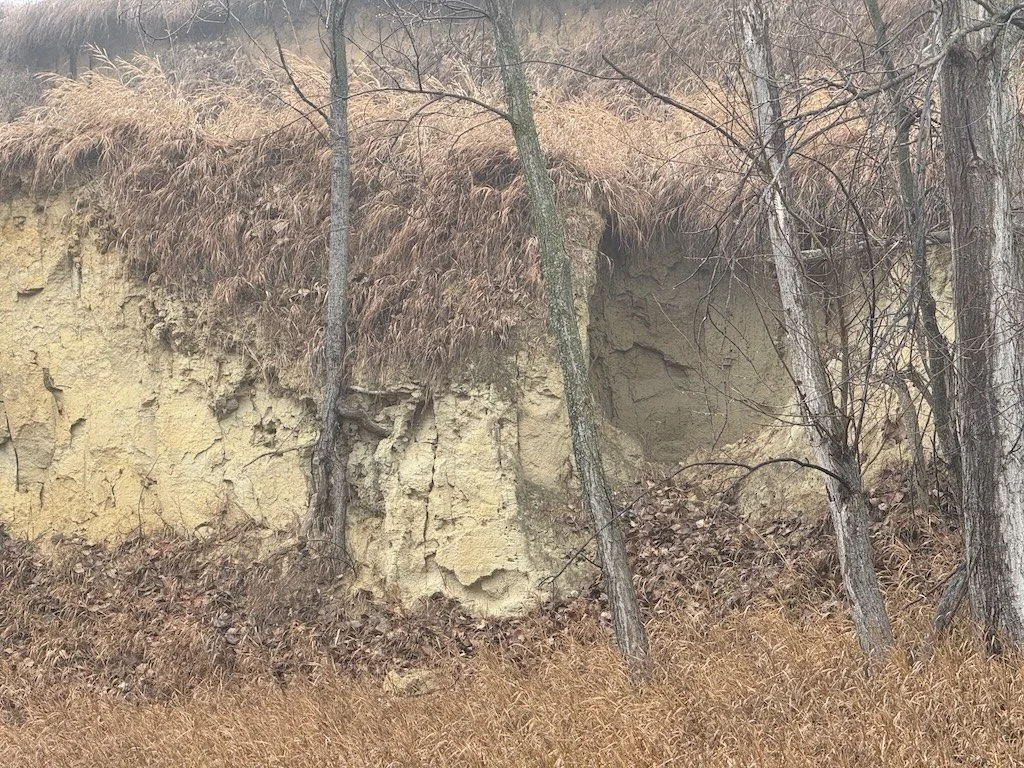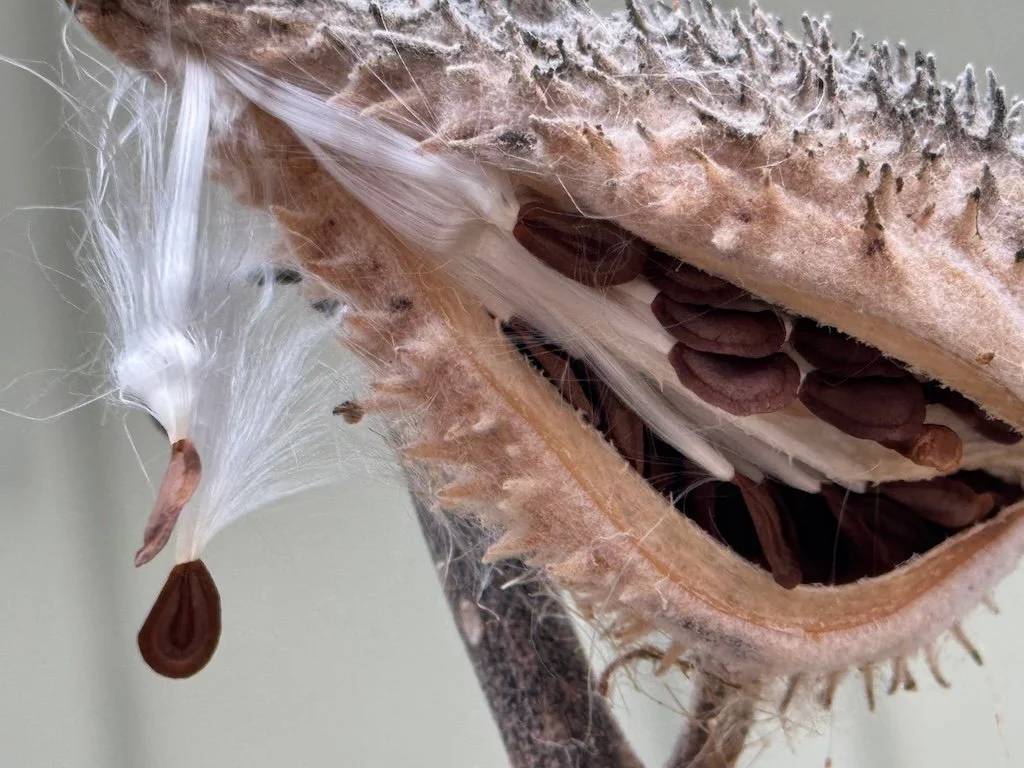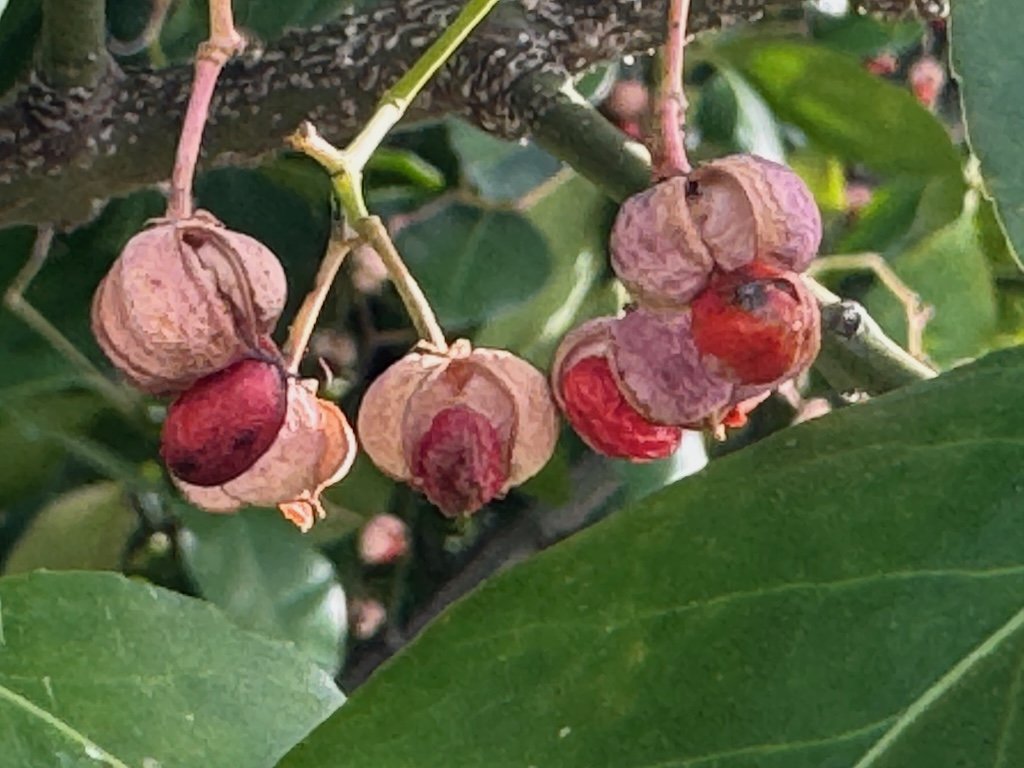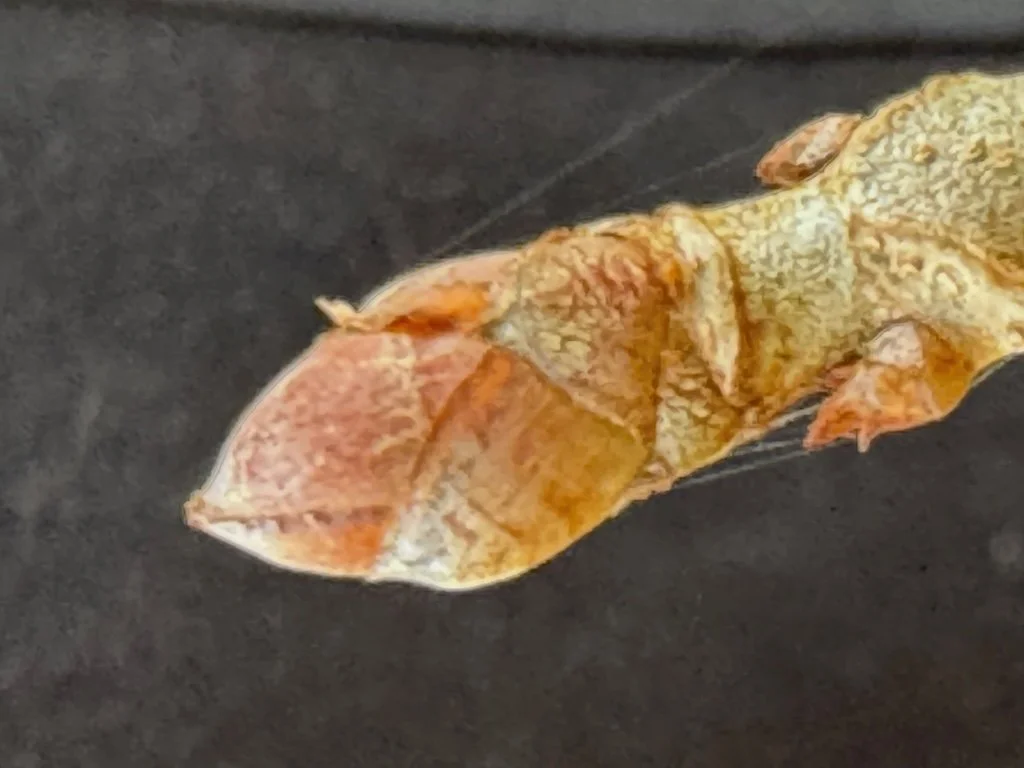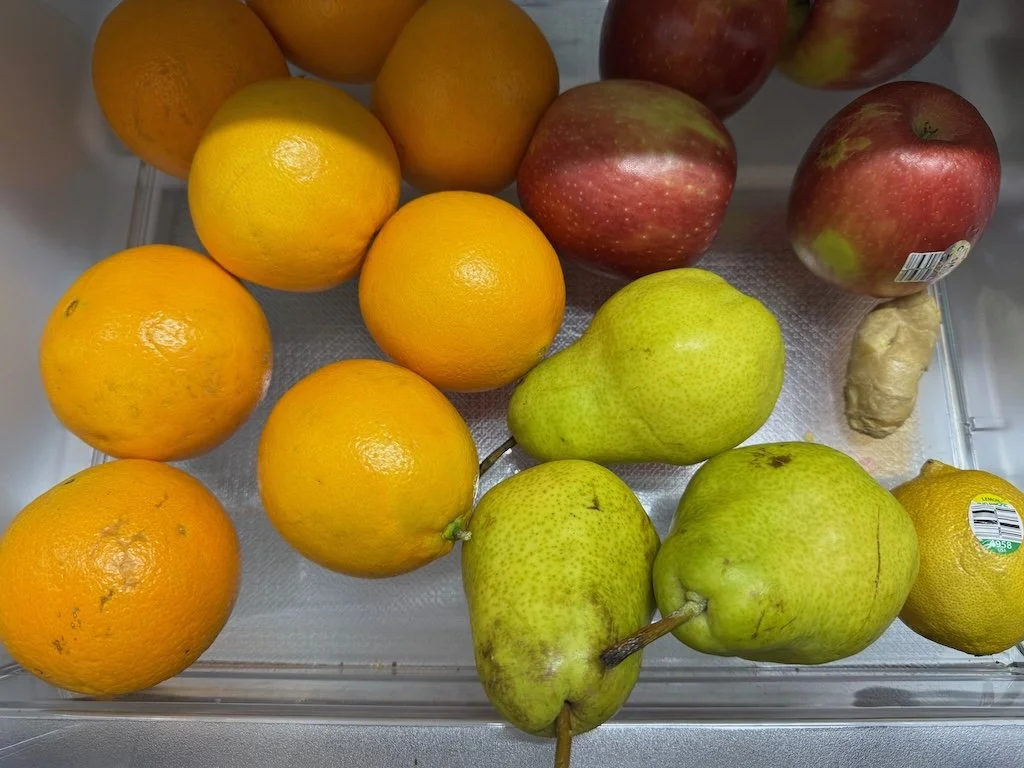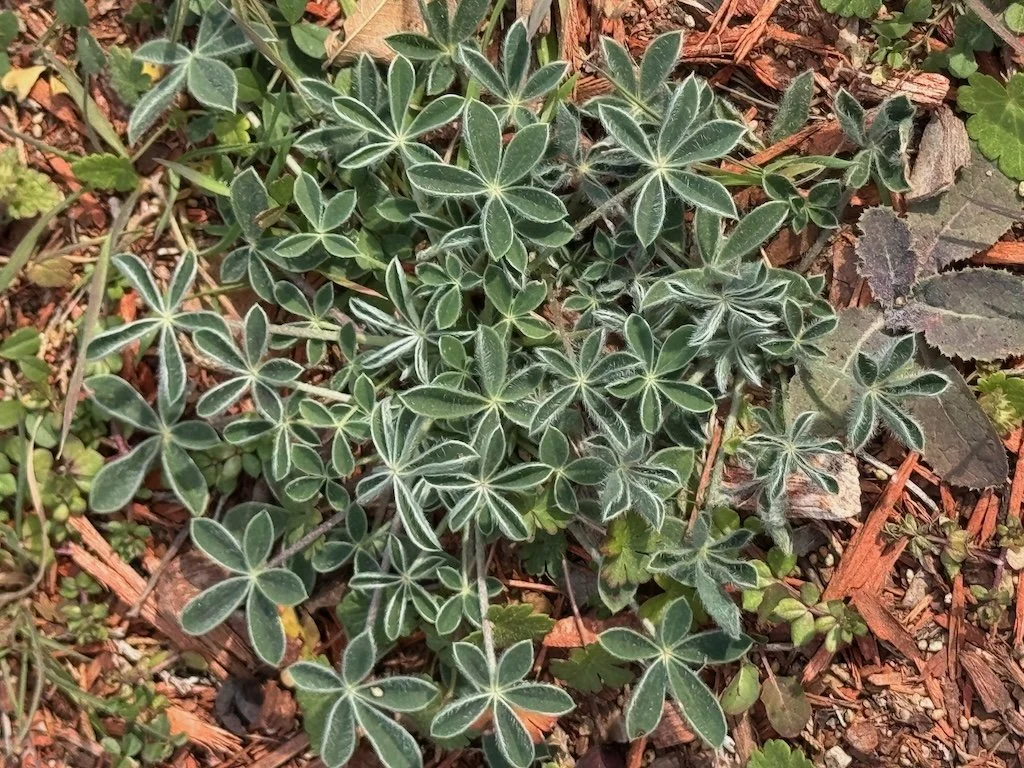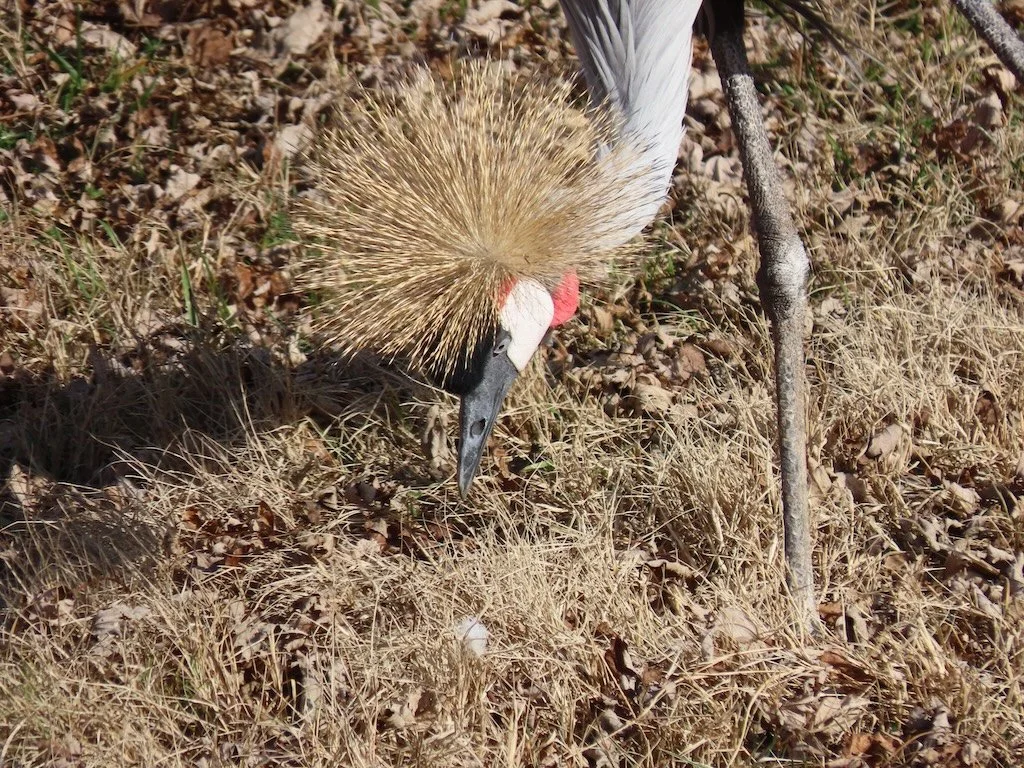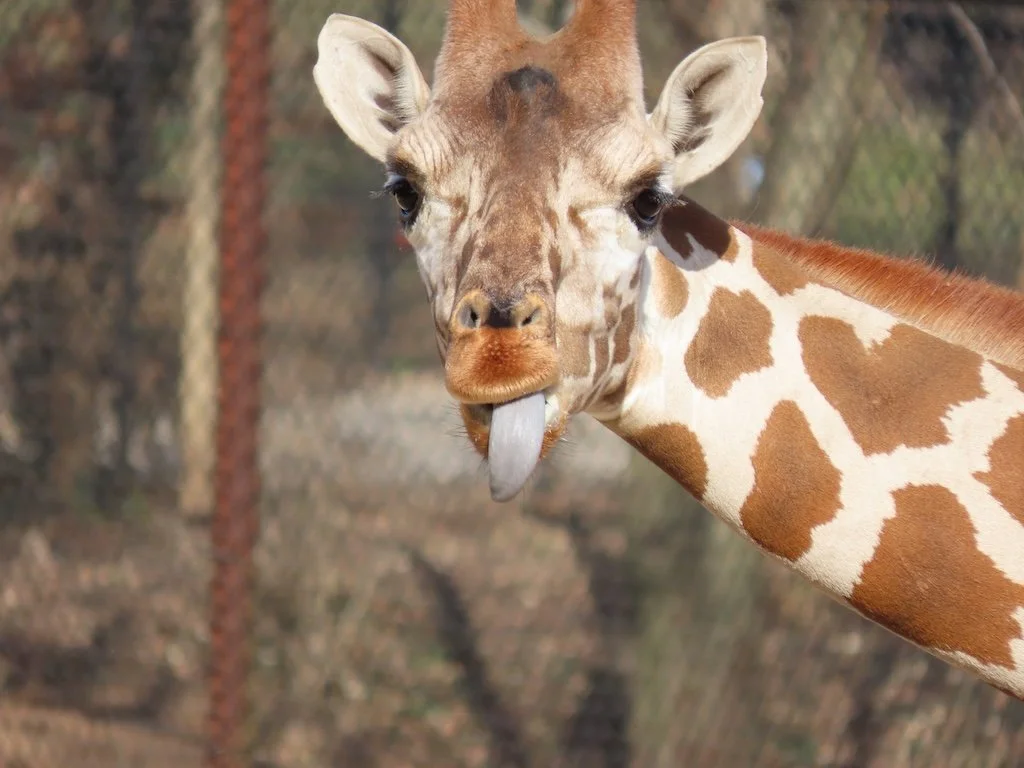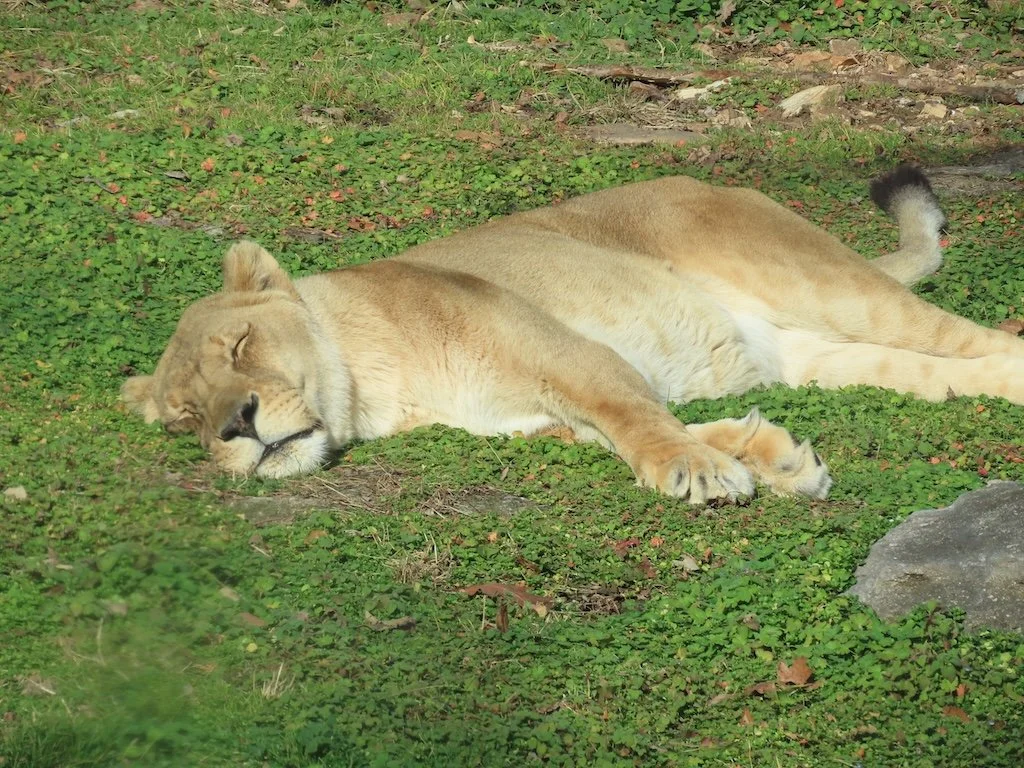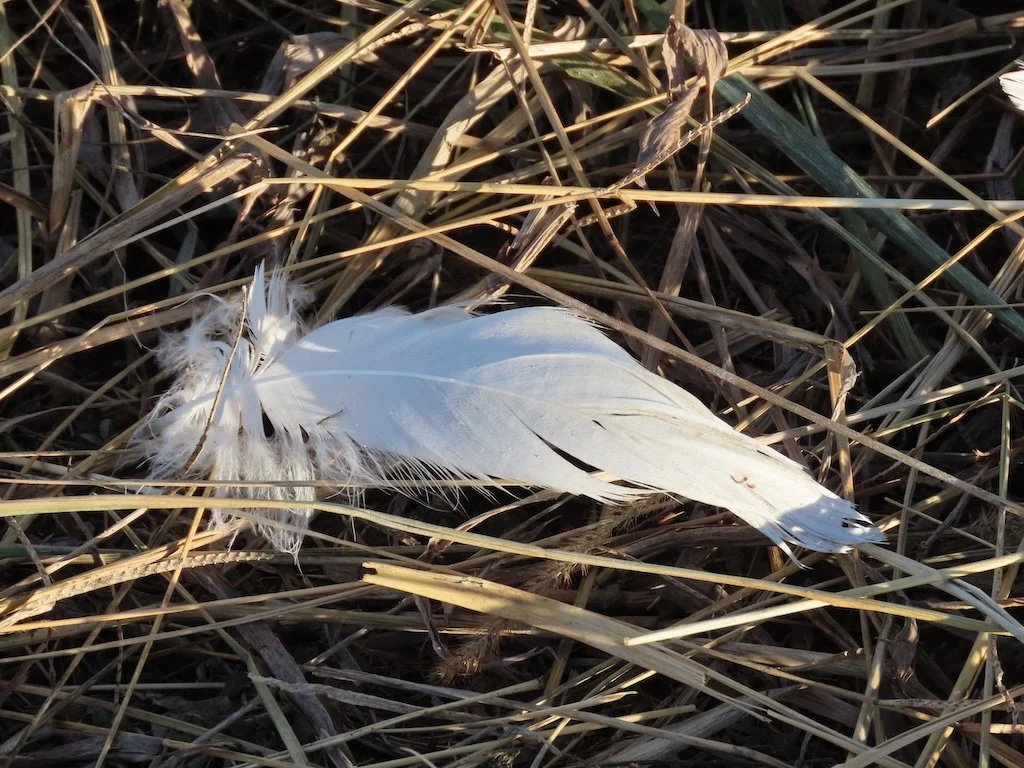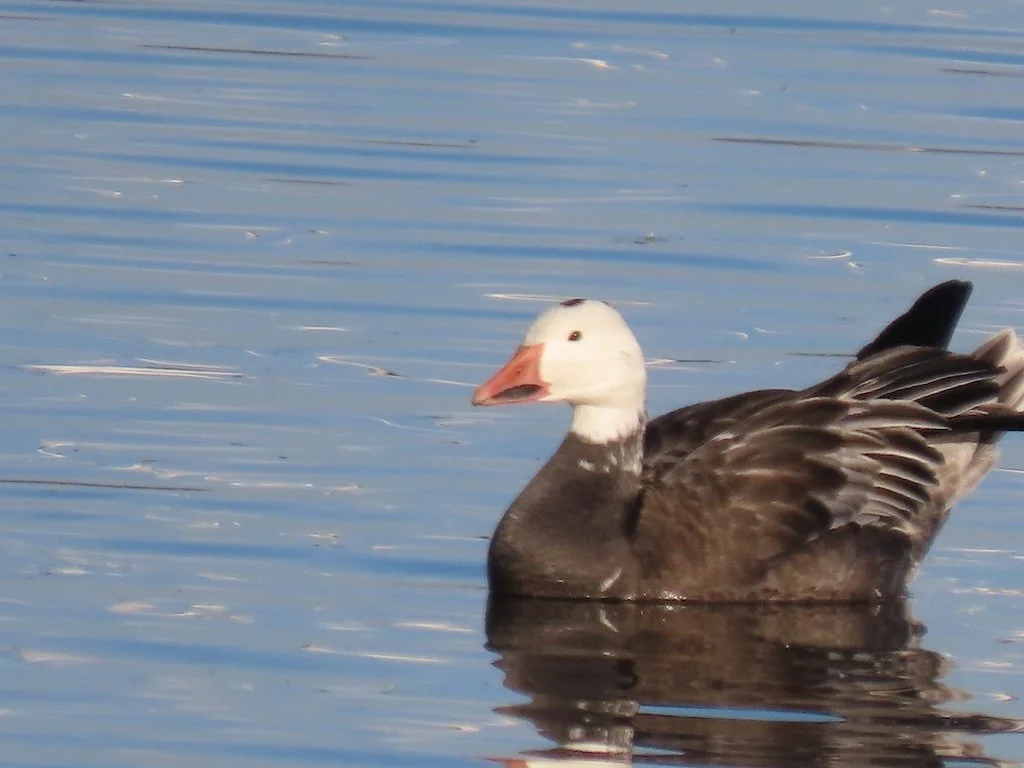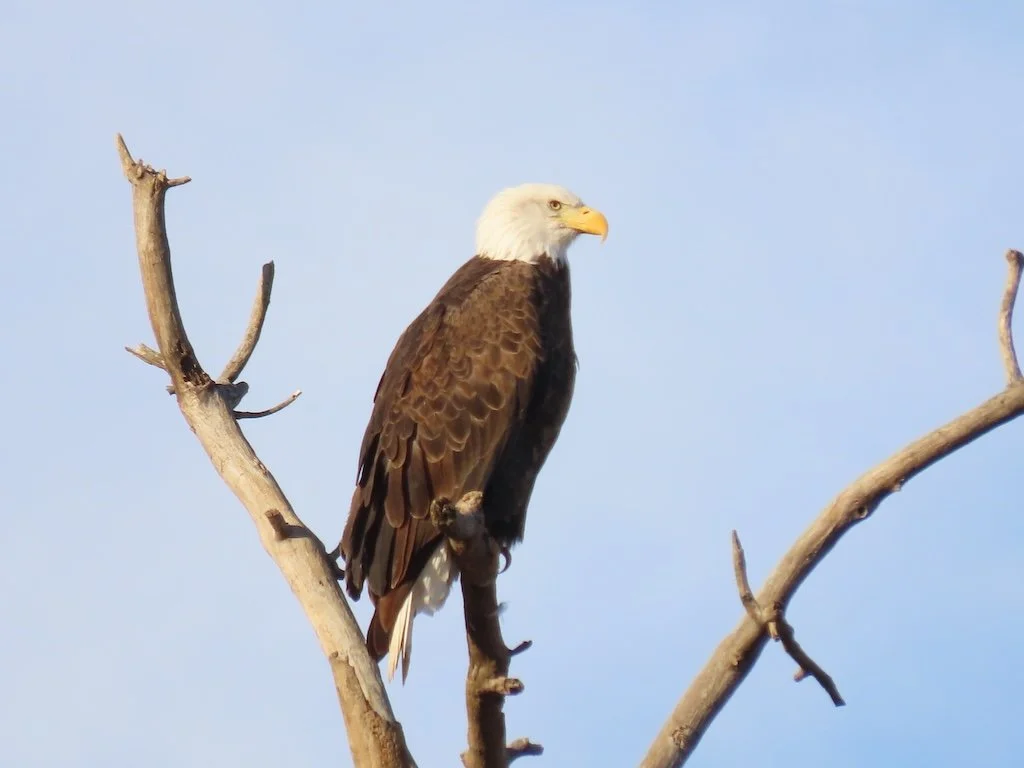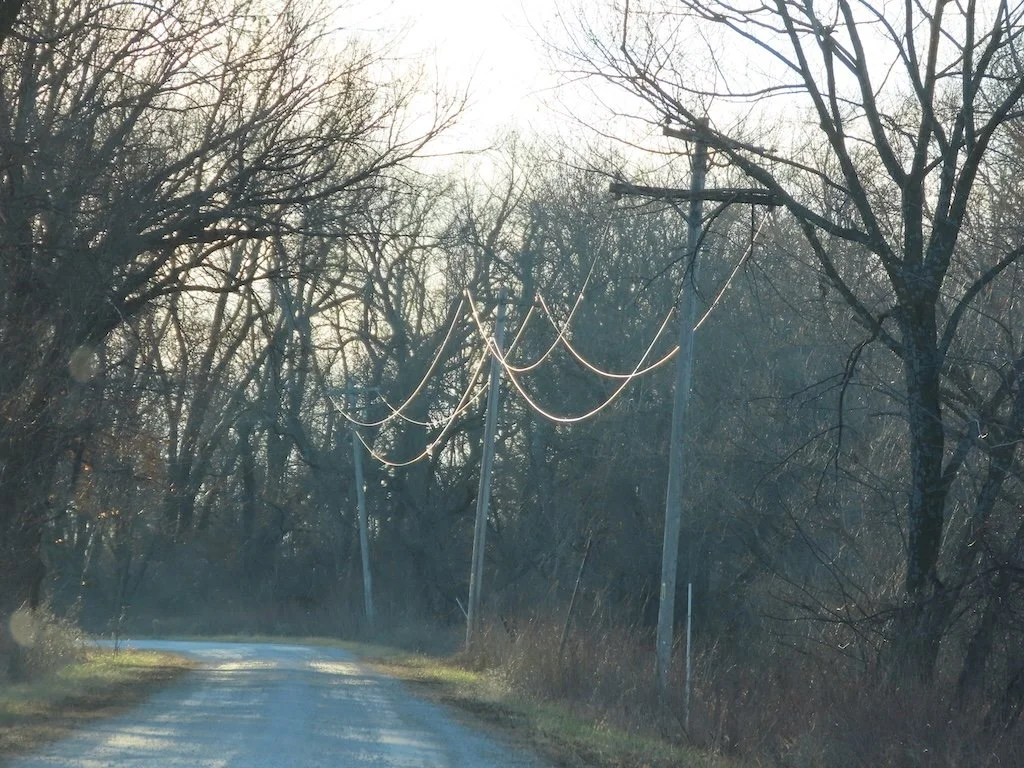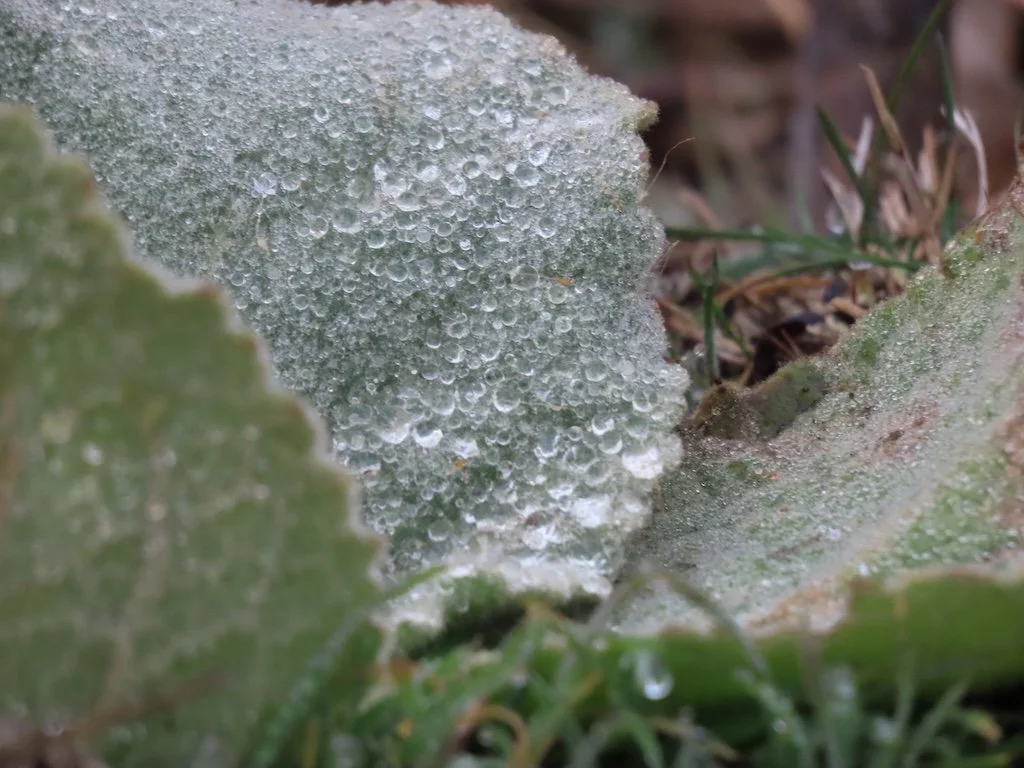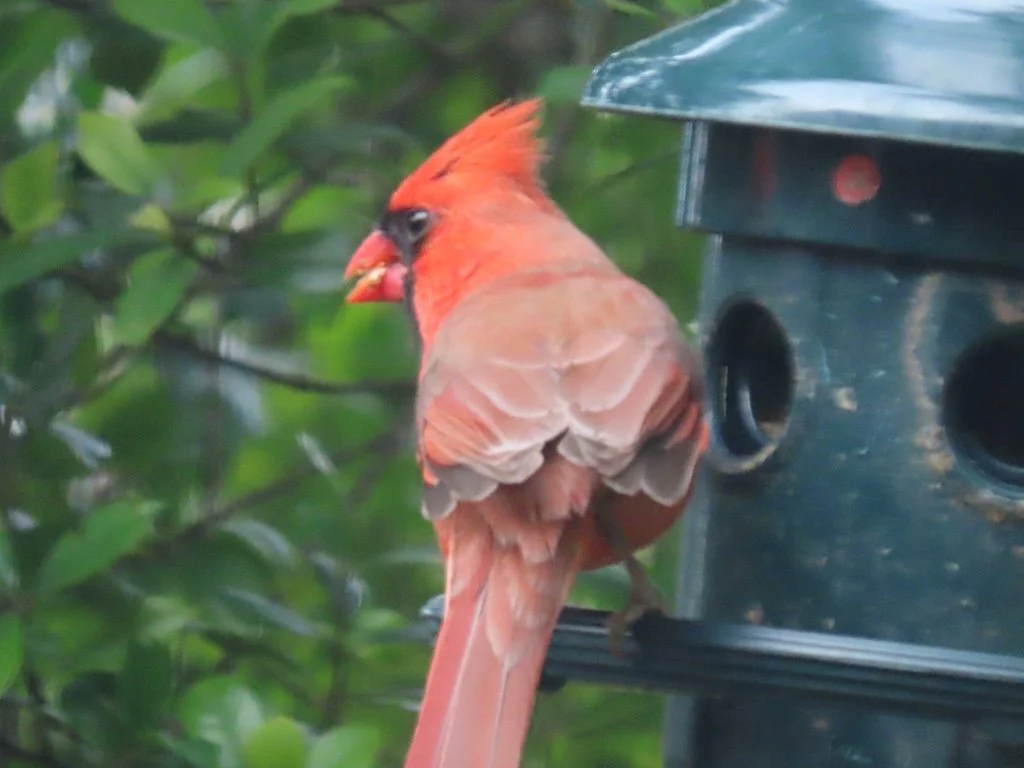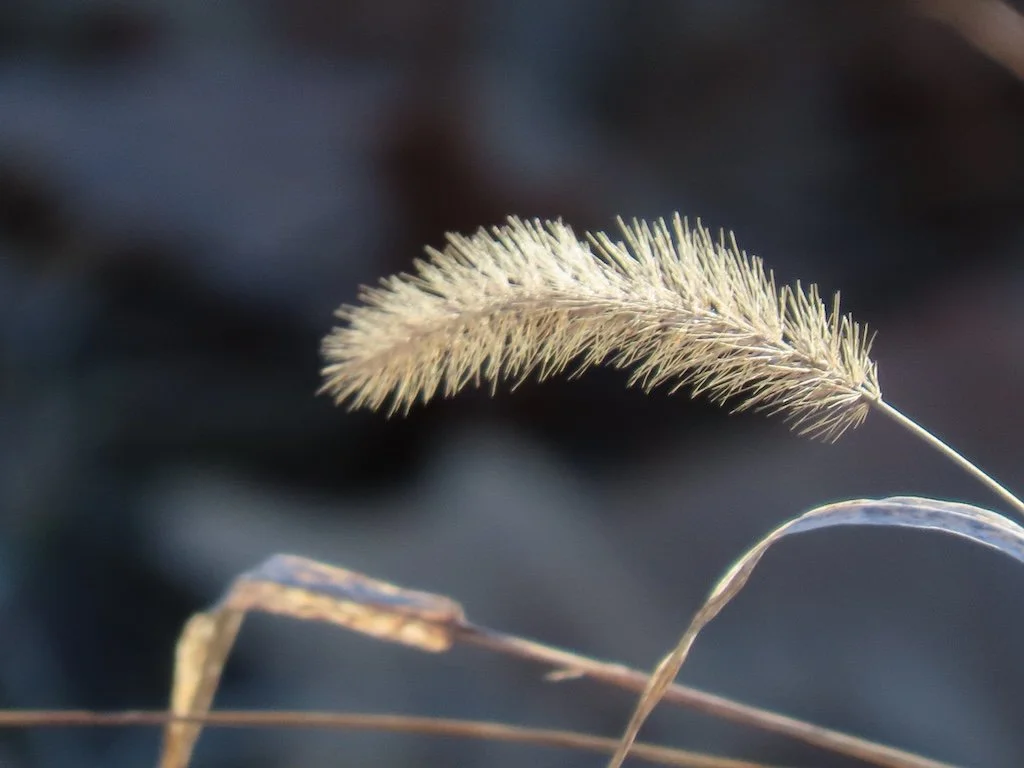Gleanings of the Week Ending January 31, 2026
/The items below were ‘the cream’ of the articles and websites I found this past week. Click on the light green text to look at the article.
12/5/2025 The Scientist The Ice is Alive: Uncovering the Vanishing World of Glacial Microbes - The ice teems with an invisible and thriving biosphere, lush with bacteria, fungi, and viruses. Scientists have estimated that the glaciers and ice sheets around the globe could contain as many as 1029 cells. The most dynamic … is the surface, where windblown dust mixes with microorganisms to form a dark, granular sediment known as cryoconite. Because this aggregate is darker than the surrounding white ice, it absorbs more solar radiation, melting the ice beneath it. This melting creates water-filled depressions called cryoconite holes that pockmark vast areas of the ice sheet. Cryoconite holes are far from simple puddles; they are oases of life in a polar desert.
2023 NASA History Office NACA to NASA to Now – A book about the history of NASA available free online from the NASA website.
1/14/2026 The Conversation Native pollinators need more support than honeybees in Australia – here’s why - Since the 1990s, the global decline of pollinators due to human activities, climate change and diseases has been a serious concern, especially in Europe and North America. The honeybee is so good at invading and proliferating in Australian landscapes, we now have some of the highest reported densities of feral honeybees in the world. Despite the global pollinator decline, honeybees haven’t disappeared anywhere in the world, even in countries with far fewer resources than Australia. Nor has any plant species gone extinct from a lack of honeybees. In contrast, there is overseas evidence of plant population declines due to the presence of honeybees and lack of native pollinators.
1/13/2026 Yale Environment 360 Photos Capture the Breathtaking Scale of China’s Wind and Solar Buildout - Last year China installed more than half of all wind and solar added globally. In May alone, it added enough renewable energy to power Poland, installing solar panels at a rate of roughly 100 every second.
1/12/2026 Compound Interest What are rubber ducks made from? - Scientists discovered polyvinyl chloride, or PVC for short, accidentally in the 1800s on more than one occasion. A hard and brittle plastic, PVC had little commercial use until it was mixed with softening plasticizers to make a much more moldable material. The modern rubber duck is not made from rubber, but from plasticized PVC colored with a bright yellow pigment.
1/13/2026 Clean Technica EPA Cooks the Books on Industrial Pollution Costs – They (EPA) will henceforth consider only the economic cost of the regulations to corporations, and if they are deemed to be too burdensome, those regulations will be softened in order to avoid undue economic harm to the polluters. This includes fine particulates (2.5 microns or less) that include microplastics and fossil fuel combustion products….contributing to many negative health outcomes.
1/13/2026 UPI U.S. greenhouse gas emissions growing faster than economy - For the first time in three years annual U.S. greenhouse gas emissions increased, climbing by 2.4% in 2025 as federal policy shifted back to fossil fuels. For the first time in three years annual U.S. greenhouse gas emissions increased, climbing by 2.4% in 2025 as federal policy shifted back to fossil fuels.
1/11/2026 Science Daily A room full of flu patients and no one got sick - n a striking real-world experiment, flu patients spent days indoors with healthy volunteers, but the virus never spread. Researchers found that limited coughing and well-mixed indoor air kept virus levels low, even with close contact. Age may have helped too, since middle-aged adults are less likely to catch the flu than younger people. The results highlight ventilation, air movement, and masks as key defenses against infection.
1/15/2026 BBC Rare images of Europe's 'ghost cat' - After several decades, this mysterious little beast is returning to our forests.
1/14/2026 NASA Earth Observatory Fires on the Rise in the Far North - In the far north, wildfires are breaking old patterns. Satellite data show that wildland fires once scattered across the Arctic are now surging in numbers—particularly in northern Eurasia—and many are burning more intensely than before. n the 2000s, fires north of 60 degrees latitude appeared across both North America and Eurasia, but starting in the early 2010s, their numbers skyrocketed, most dramatically in Eurasia. Even the icy island of Greenland entered a new fire regime during this period, experiencing more large fires, though still too few to be visible on these maps. Researchers attribute these trends to rising temperatures, which have made northern landscapes more flammable, along with a poleward expansion of lightning—the primary ignition source for these fires.


